Author: Bunny Waring
Date: 21st March 2021
Amidst adapting to e-learning, preparing lectures and caring for students, staff here at the Classics Department have been busy. A key element of academic life is never resting on your laurels. Each lecturer has their own research passions and are constantly writing blogs, papers, books and articles about what they have discovered and why it matters. Here are some of the latest releases from Prof. Rachel Mairs, Prof. Annalisa Marzano, Prof. Katherine Harlowe and Prof. Barbara Goff!
 Mairs, Rachel (Ed.) 2021. The Graeco-Bactrian and Indo-Greek World. Routledge.
Mairs, Rachel (Ed.) 2021. The Graeco-Bactrian and Indo-Greek World. Routledge.
This volume provides a thorough conspectus of the field of Graeco-Bactrian and Indo-Greek studies, mixing theoretical and historical surveys with critical and thought-provoking case studies in archaeology, history, literature and art.
The chapters from this international group of experts showcase innovative methodologies, such as archaeological GIS, as well as providing accessible explanations of specialist techniques such as die studies of coins, and important theoretical perspectives, including postcolonial approaches to the Greeks in India. Chapters cover the region’s archaeology, written and numismatic sources, and a history of scholarship of the subject, as well as culture, identity and interactions with neighbouring empires, including India and China.
The Graeco-Bactrian and Indo-Greek World is the go-to reference work on the field, and fulfils a serious need for an accessible, but also thorough and critically-informed, volume on the Graeco-Bactrian and Indo-Greek kingdoms. It provides an invaluable resource for anyone interested in the Hellenistic East.
For E and Hard copies click here:
The Graeco-Bactrian and Indo-Greek World

Bowman, Alan K., Crowther, Charles V., Hornblower, Simon., Mairs, Rachel and Savvopoulos Kyriakos (Eds.) 2020. Corpus of Ptolemaic Inscriptions Part I: Greek, Bilingual, and Trilingual Inscriptions from Egypt. Volume 1. Alexandria and the Delta (Nos. 1–206). Oxford University Press.
This is the first of three volumes of a Corpus publication of the Greek, bilingual and trilingual inscriptions of Ptolemaic Egypt covering the period between Alexander’s conquest in 332 BC and the fall of Alexandria to the Romans in 30 BC. The Corpus offers scholarly editions, with translations, full descriptions and supporting commentaries, of more than 650 inscribed documents, of which 206, from Alexandria and the region of the Nile Delta, fall within this first volume. The inscriptions in the Corpus range in scope and significance from major public monuments such as the trilingual Rosetta Stone to private dedicatory plaques and funerary notices. They reflect almost every aspect of public and private life in Hellenistic Egypt: civic, royal and priestly decrees, letters and petitions, royal and private dedications to kings and deities, as well as pilgrimage notices, hymns and epigrams. The inscriptions in the Corpus are drawn from the entire Ptolemaic Kingdom of Egypt, from Alexandria and the Egyptian Delta, through the Fayum, along the Nile Valley, to Upper Egypt, and across the Eastern and Western Deserts. The Corpus supersedes older publications and other partial collections organised by a specific region or theme and offers for the first time a full picture of the Greek and multilingual epigraphic landscape of the Ptolemaic period. It will be an indispensable resource for new and continuing research into the history, society and culture of Ptolemaic Egypt and the wider Hellenistic world.
For hard copies and more information:
Corpus of Ptolemaic Inscriptions
 Marzano, Annalisa. 2021. Caesar’s triumphal banquet of 46 BC: A Hypothesis on its Political Significance on the Basis of a Recent Epigraphic Discovery from Pompeii in: politica antica 10: 99-107.
Marzano, Annalisa. 2021. Caesar’s triumphal banquet of 46 BC: A Hypothesis on its Political Significance on the Basis of a Recent Epigraphic Discovery from Pompeii in: politica antica 10: 99-107.
An inscription recently discovered in Pompeii reports how many individuals were accommodated on sets of three dining couches in a public banquet. This information allows us to reconsider the number of people feasted during Caesar’s famous public banquet of 46 BC, suggesting that the number of individuals was very close to the number of people on the corn dole list. Caesar revised this list shortly after the celebrations of 46 BC, drastically reducing the number of recipients; therefore the public banquet of 46 BC may have had a strong political dimension connected to the revision of the corn dole list Caesar was planning.
To read more click here:
Caesar’s Famous Banquet
 Finglass, P.J., Kelly, A. (Eds.) 2021. The Cambridge Companion to Sappho. Cambridge University Press. With chapters by Harloe, K, Goff, B.
Finglass, P.J., Kelly, A. (Eds.) 2021. The Cambridge Companion to Sappho. Cambridge University Press. With chapters by Harloe, K, Goff, B.
No ancient poet has a wider following today than Sappho; her status as the most famous woman poet from Greco-Roman antiquity, and as one of the most prominent lesbian voices in history, has ensured a continuing fascination with her work down the centuries. The Cambridge Companion to Sappho provides an up-to-date survey of this remarkable, inspiring, and mysterious Greek writer, whose poetic corpus has been significantly expanded in recent years thanks to the discovery of new papyrus sources. Containing an introduction, prologue and thirty-three chapters, the book examines Sappho’s historical, social, and literary contexts, the nature of her poetic achievement, the transmission, loss, and rediscovery of her poetry, and the reception of that poetry in cultures far removed from ancient Greece, including Latin America, India, China, and Japan. All Greek is translated, making the volume accessible to everyone interested in one of the most significant creative artists of all time.
See a full list of chapters and papers here:
The Cambridge Companion to Sappho.



 Mairs, Rachel (Ed.) 2021. The Graeco-Bactrian and Indo-Greek World. Routledge.
Mairs, Rachel (Ed.) 2021. The Graeco-Bactrian and Indo-Greek World. Routledge.
 Marzano, Annalisa. 2021. Caesar’s triumphal banquet of 46 BC: A Hypothesis on its Political Significance on the Basis of a Recent Epigraphic Discovery from Pompeii in: politica antica 10: 99-107.
Marzano, Annalisa. 2021. Caesar’s triumphal banquet of 46 BC: A Hypothesis on its Political Significance on the Basis of a Recent Epigraphic Discovery from Pompeii in: politica antica 10: 99-107. Finglass, P.J., Kelly, A. (Eds.) 2021. The Cambridge Companion to Sappho. Cambridge University Press. With chapters by Harloe, K, Goff, B.
Finglass, P.J., Kelly, A. (Eds.) 2021. The Cambridge Companion to Sappho. Cambridge University Press. With chapters by Harloe, K, Goff, B.

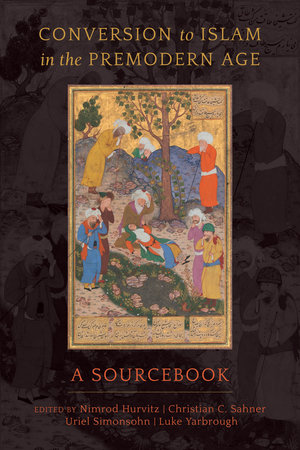



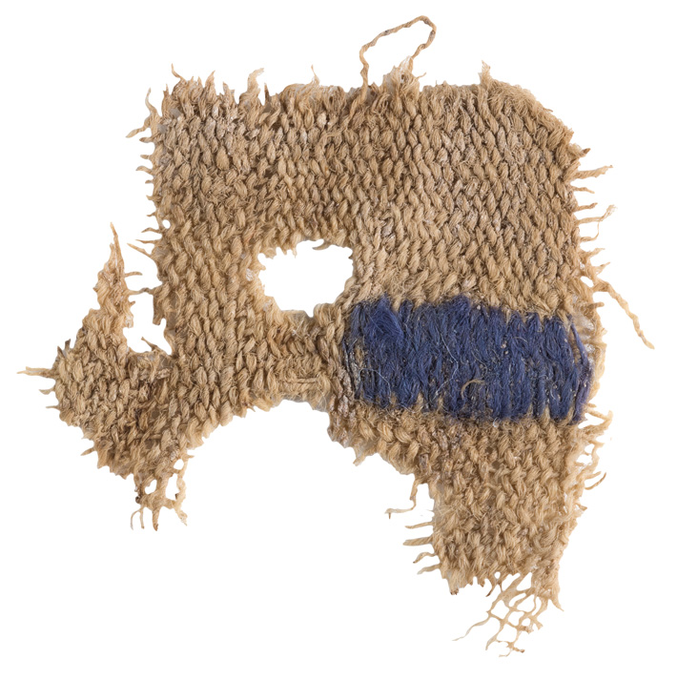

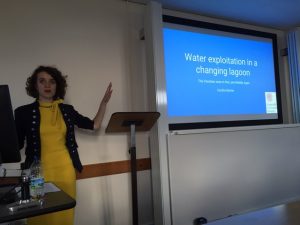
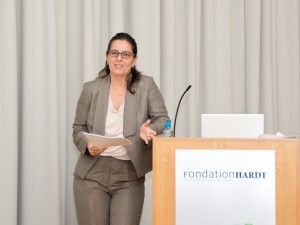


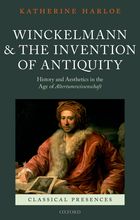
 As part of the new Erasmus teaching exchange established last year with the Institut Català d’Arqueologia Clàssica (ICAC) in Tarragona (Spain), Dr Annalisa Marzano gave a series of MA lectures at ICAC to students enrolled on the Classical Archaeology and Ancient History programme.
As part of the new Erasmus teaching exchange established last year with the Institut Català d’Arqueologia Clàssica (ICAC) in Tarragona (Spain), Dr Annalisa Marzano gave a series of MA lectures at ICAC to students enrolled on the Classical Archaeology and Ancient History programme.